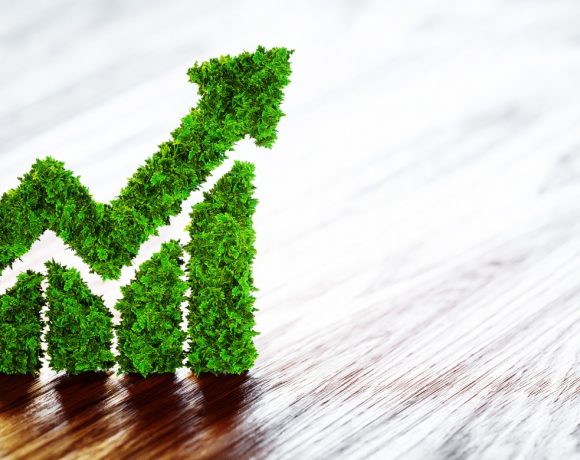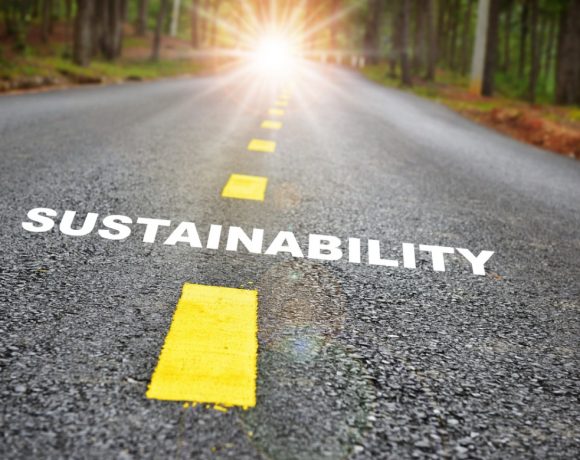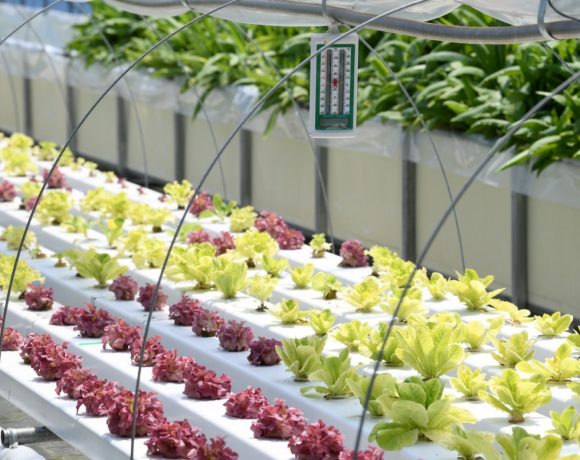- The sustainable development goals that were approved in 2015, became the framework for future development projects of all sorts, not only in the international community but also around the world. As we can see now at COP26, it’s really moving forward.
- Swissnex in India is a good example of sharing knowledge and innovation that was developed in advanced economies and bringing it to all parts of the world; especially in developing emerging economies which is critical for success. When it comes to sustainability, the biggest obstacle still is financing; financing for sustainability and for the goals.
Sustainability, climate financing and related policies aren’t merely buzzwords anymore. The past few years have brought a new level of scrutiny and deliberation in the field at the international level. This gravity is being reflected at the Glasgow Climate Change Conference October-November 21, popularly known as COP26 (Conference of the Parties 26).
Trade and economic expert for the United Nations Institute for Training and Research (UNITAR) and Lecturer at EU Business School Swiss campuses and at Webster University, Geneva, Dr. Judit Kozenkow believes that while the current drive towards sustainability is encouraging, we are “already reaching our planetary boundaries” and are “at a critical situation with global warming as well”. She is optimistic and holds up the example of the acceptance of the Sustainable Development Goals (SDGs) at the UN by member nations as a success that can be built upon. However, the COVID 19 pandemic has created setbacks and policies need to reflect this.
In this interview, Dr. Kozenkow, shares desirable outcomes and policies regarding sustainability and the role that Swissnex India plays in this field.

Dr. Judit Kozenkow
Q. Being optimistic but realistic, can you talk about what you would see as a desirable outcome for the field of sustainability?
A: Thank you very much for the question. I think it is the right time to talk about sustainable development and sustainability during the COP 26 meeting where we can see quite successful achievements. Moving forward, we know that the demand is there for sustainability, we see protests from youth, there is a lot of pressure from customers for companies and there is also pressure for some of the governments and of course pressure from international organisations across fields for sustainable development. The sustainable development goals that were approved in 2015, became the framework for future development projects of all sorts, not only in the international community but also around the world. As we can see now at COP26, it’s really moving forward.
We need more of course. I am an optimist but to be realistic, we need to look towards favourable, desirable outcomes. This can happen with the highest level of collaboration possible to reach sustainable development and to achieve the sustainable development goals, which will be quite hard just after the COVID 19 pandemic.
Q: What are the dangers of not achieving your vision? You certainly have envisioned certain goals as an expert, as an authority in the field of sustainability.
A: Yes, a very important question because it comes to the level of innovation and also policy. So, it’s both sides; not only policy but also the innovation and technological advancements are critical for reaching sustainability. With that, the dangers of not achieving the set vision; let me start by saying that we are already reaching our planetary boundaries, we are already in a critical situation with global warming as well as the extreme weather events all around the world and it’s getting more and more intense. If we are not achieving that vision, we are risking basically our future on earth.
The situation is critical and I think we are at the turning point. The world is realising that we are on the move now and I am still optimistic. And, as I mentioned, here comes the collaboration of tech, innovation and policy together.
Q: How do you see an organisation like Swissnex in India, which happens to be an innovation hub, playing its role?
A: Swissnex in India is a good example of sharing knowledge and innovation that was developed in advanced economies and bringing it to all parts of the world; especially in developing emerging economies which is critical for success. Because when it comes to sustainability, the biggest obstacle still is financing; financing for sustainability and for the goals. Sometimes it is critical to have the collaboration between finance and technology together. If we can share both and make it available for everyone around the world, that can really contribute towards success for sustainability.
Q: With the field of sustainability evolving so much with global participation and interventions and so many recommendations from various experts at different levels, what are the past successes which we can build on and also let’s not forget the failures we can learn from?
A: The one example we can really use as a success is the unanimous approval and acceptance of the Sustainable Development Goals (SDGs) at the UN. All countries, all UN members in the world accepted that unanimously and it is a universal framework. So, it’s definitely a framework to build on and to work around.
The failures of it are definitely or not necessarily failures but obstacles which I would say was the COVID pandemic, because most of our development trends, unfortunately, turned backwards with the COVID pandemic. I am sure everyone knows the number one SDG goal; no poverty. The poverty goal has been on track and it has had very good success which has been achieved in the past decade due to the development policies from all regions in the world. Most successful has been the developing continent of Asia. However, with the COVID pandemic, unfortunately, even that trend turned backwards and here we are facing a situation again where millions of people are shrinking back to extreme poverty. And when we also look at the other 16 goals, we, unfortunately, see a backward trend.
It’s definitely something to work on and it makes it harder to reach the SDGs. If we want to be realistic, then we need to face that. I see it as an obstacle and not a failure. I still hope that we can work towards those goals. But now, we need more action, more collaboration and definitely more funding channelled in the right direction.
Q: We need to be inclusive and I believe inclusivity becomes imperative to make the SDGs a reality. Having said that, what needs to be done now to ensure that a sustainability-oriented future becomes a reality? How can we forward to the potential policy interventions which are required at this stage?
A: We always mention collaboration but how do we do it? It should come from all sectors and all stakeholders. Definitely, we need a multi-stakeholder approach here and we need to also channel resources collectively as I mentioned in my previous answer. We have the financial resources and we can see that 1% of the world owns 50% of the wealth and income. So, we know that money is generated around the world. It just needs to be channelised in the right direction.
I see a big potential also for businesses in the private sector and the for-profit oriented sector to move a little bit more towards sustainable and more responsible goals with Corporate Social Responsibility and now with Corporate Social and Environmental Responsibility. We can even look at the Environmental, Social and Governance Frameworks which are even broader and ongoing. That should be pushed way more and businesses should realise this and at least share a bit more of their profits towards these goals and that would be, I think, critical.
Since I also work for the UN, I must say that we need more action and I say quicker action from the international community, as well as more action-oriented policy for the projects that are going towards the SDGs. It exists but it just needs to be accelerated a bit more and with more stakeholders coming together for these critical projects.
Q: We need an equitable world moving forward and just to close off this discussion, if you had absolute authority and could do anything, as one of the experts in the sustainability domain, is there anything else you would do at this stage? If you could influence policy in a big way, what is it that you would be doing right now?
A: I would make technology and innovation cheaper and more available. So, I think in the end, we would need collaboration or this complementary approach of innovation and policy. I would definitely make all kinds of technologies, including digital technologies, cheaper and available together with policies where governments and all regulatory authorities, as well as the private sector, realises that we need to use both and move them in the right direction for sustainability.
Link to the video conversation of this interview.






NO COMMENT